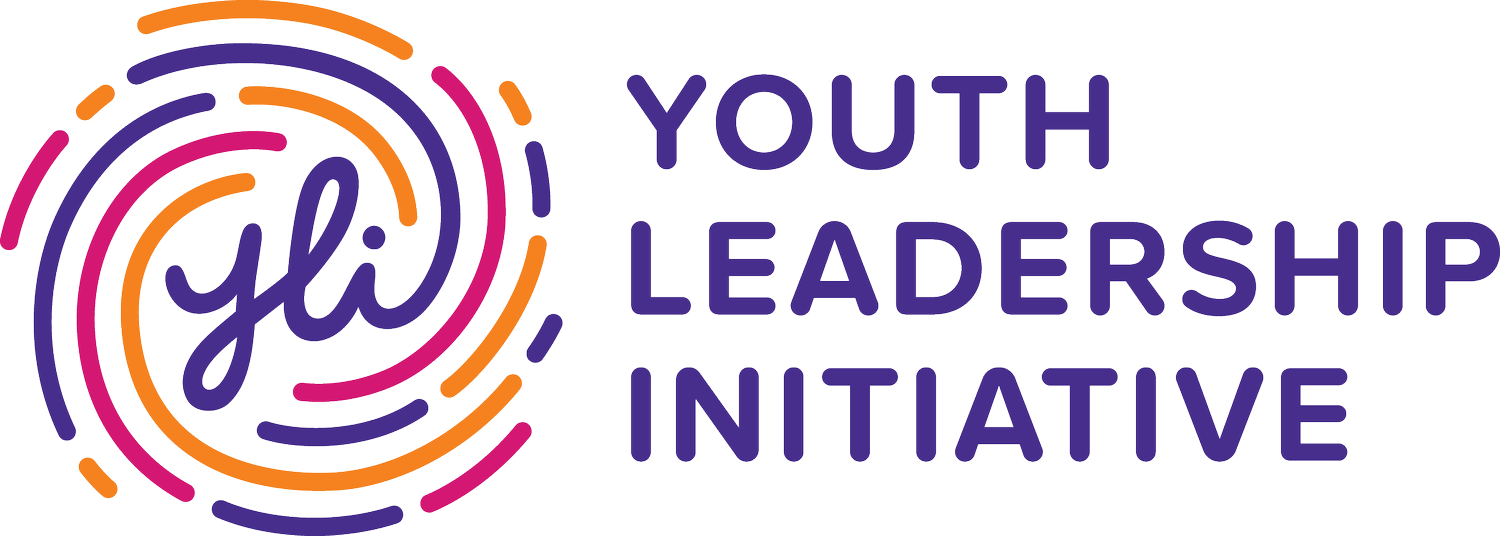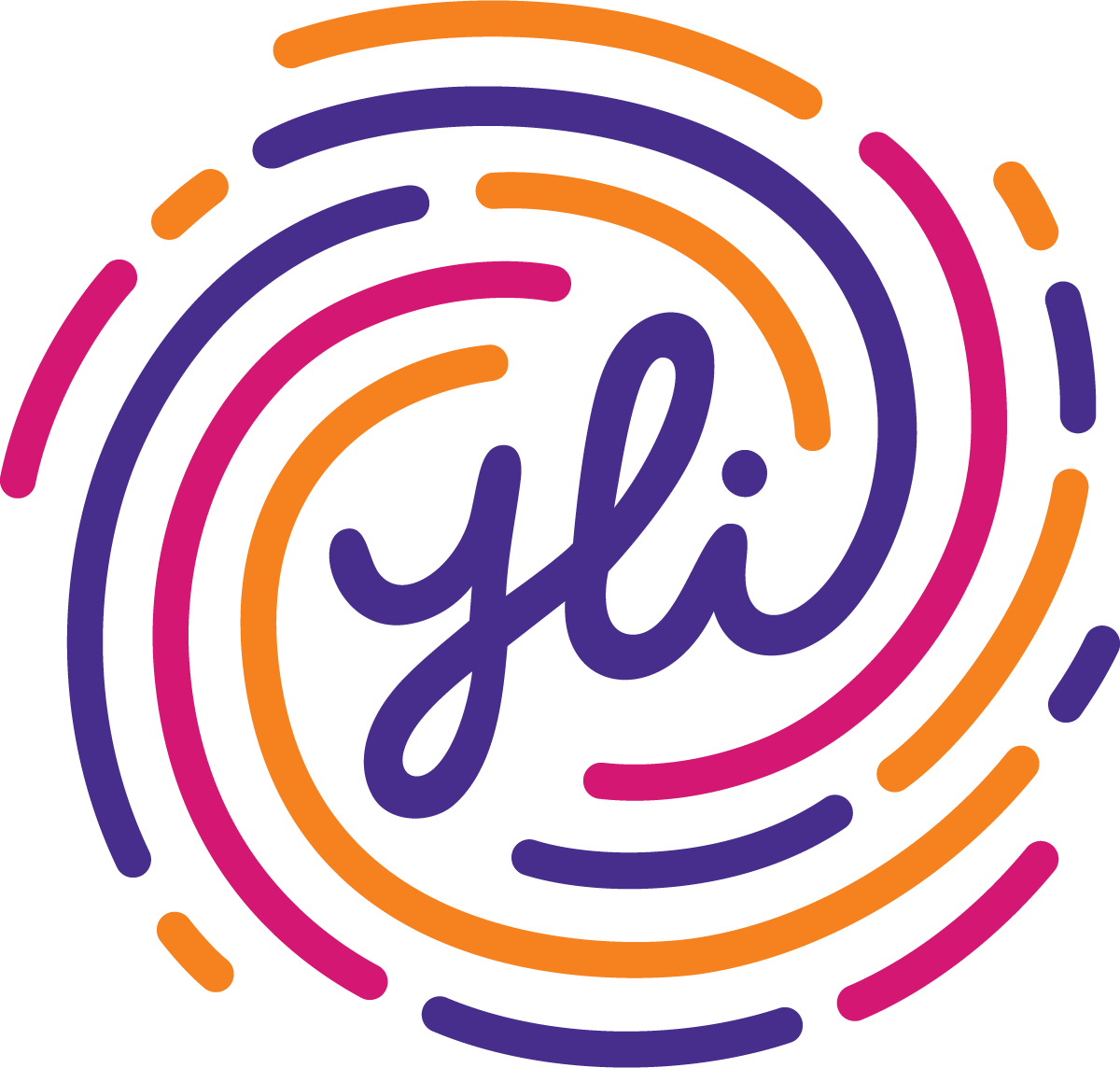Co-creating the Community Retreat
“Youth leading youth” is a value that grounds our youth work. Our Youth Mentor Team embodies this value. These individuals are former participants who have completed one year of YLI and were nominated to become Youth Mentors. As Youth Mentors, they wear many hats. They design and facilitate engaging retreat curriculum, offering insights and activities that resonate with their fellow youth. More than just facilitators, they help foster a sense of belonging within the YLI community and model how to work across cultures. As Justice Sotomayor eloquently expressed in her autobiography, “A role model in the flesh provides more than inspiration; [their] very existence is confirmation of possibilities one may have every reason to doubt, saying, ‘Yes, someone like me can do this.’” When young people witness real-life examples of youth leadership, they are empowered to step up and lead.
Let’s meet Noah and Piseth, two of our exceptional Youth Mentors, and delve into their experiences leading the Community Retreat. Get ready to be inspired!
Can you tell us a little bit about why you became a Youth Mentor?
What was the theme of the second retreat?
Piseth: Community! We wanted to focus on community and working together as a community and how to create a tapestry. Also, learning about others and ourselves, and taking some action.
As Youth Mentors, you design and facilitate lesson plans at the overnight retreats. Can you describe what that process is like?
Noah: When we designed the community retreat, we first looked at what we wanted the participants [to] gain from the retreat. From there, we chose activities that would reflect this as well as ideas reflecting the framework of YLI.
Piseth: We learn about the purpose of the activities and theme of the day. We picked up to 5 activities for the three days of the retreat. We’ll have a co-facilitator and coach who will help us if we struggle with some of the curriculum. [We] went through the curriculum, talked about the purpose, the introduction, the debrief, and how the activity closes and what we want participants to learn.
Noah: Finally, we gave each other constructive feedback that would refine our curriculums and prepare us for the retreat and it’s various fun and engaging, activities; community being at the center of it all.
What were some activities that you facilitated? Was there a particular reason why you wanted to facilitate those activities?
Piseth: I facilitated white supremacy culture, power shuffle and the Ellis Island Simulation. I took the power shuffle [activity] because it’s a heavy activity. [In the power shuffle activity, youth stand in a circle together. As the facilitators read out various statements, they can choose to step in if the statement applied to them.] Last year’s retreat really impacted me a lot because some of the statements…almost made me cry. It’s such an important activity and there were a few questions that I didn’t step in. I wanted to share my perspectives with the participants and learn more about them by seeing them step in. I wanted to facilitate with new youth mentors.
Noah: I chose activities that involved challenging topics but also that were aimed at making the participants think more about community in their lives. One of these in particular was white supremacy culture, where participants learned about different characteristics of white supremacy culture, and how they can combat it in their communities.
Noah and Piseth discussing the characteristics of white supremacy culture, taking time to define terms and providing real-life examples.
Were there any memorable moments from the retreat?
Piseth: The American Dream impacted me and other participants a lot. I thought I was the only one who was on the back but…when I opened my eyes, there was a participant who was standing way behind me. I felt like, “Wow, I need to talk to that participant.”
Noah: Art Your Community. In this activity, the participants were to create and paint their depictions of each others. The purpose of this was to point out why we shouldn’t make assumptions about others, and understanding how we form images of what other people are like that isn’t fully reflective of them as a person. Walking around, I could see all of the creativity that the participants had, shown through their art, and it made me feel very proud and inspired.
Can you share a little bit about some lessons that emerged from this whole experience?
Noah: Some lessons that I learned…were to block out sufficient time chunks for each activity, with extra time to prevent an activity from going too long into the following activity, as well as to be prepared for things to not always go as planned.
Piseth: Seeing all the perspectives from the [post-retreat] evaluation, it made me smile. I didn’t expect my goofiness and energy to be noticed. Another lesson I learned from participants was that I actually [facilitate] good activities with my co-facilitator. Participants understood white supremacy culture.
At the Community Retreat, youth contribute to a graffiti wall, where they can freely write and draw about their learnings and favorite moments from the experience.
At the culmination of every retreat, our youth participants are encouraged to share their experiences and offer valuable feedback to the Youth Mentor team. Here’s a glimpse into what some of them have appreciated about the community retreat:
Melysa: I loved how everybody was so nice and loved everybody's energy. It was so uplifting and it was interesting for me because I’ve never done something like that. Everyone was willing to include people.
Jordan: I enjoyed mostly everything but the most memorable activity was Unequal Distribution where we got monopoly money and had to make origami. [In the Unequal Distribution, participants were divided into groups and given unequal amounts of resources].
Paw Wah: I really loved the [American Dream] activity where we were holding hands and stepping forward if we related to that. That got to my feelings and it was deep. I learned that I wasn’t alone and that a lot of people can relate to me because we had the same experiences.
Poe Meh: The activities allowed us to have fun and learn new things. The Ellis Island Simulation that we did, we had fun but we also got to experience what the immigrants experienced. Other activities like the American Dream and the Power Shuffle, where we stepped in, gave us opportunities to open up and bond with each other. I also appreciated how we learned about the different types of power and how each one differs and are similar in some type of way.




